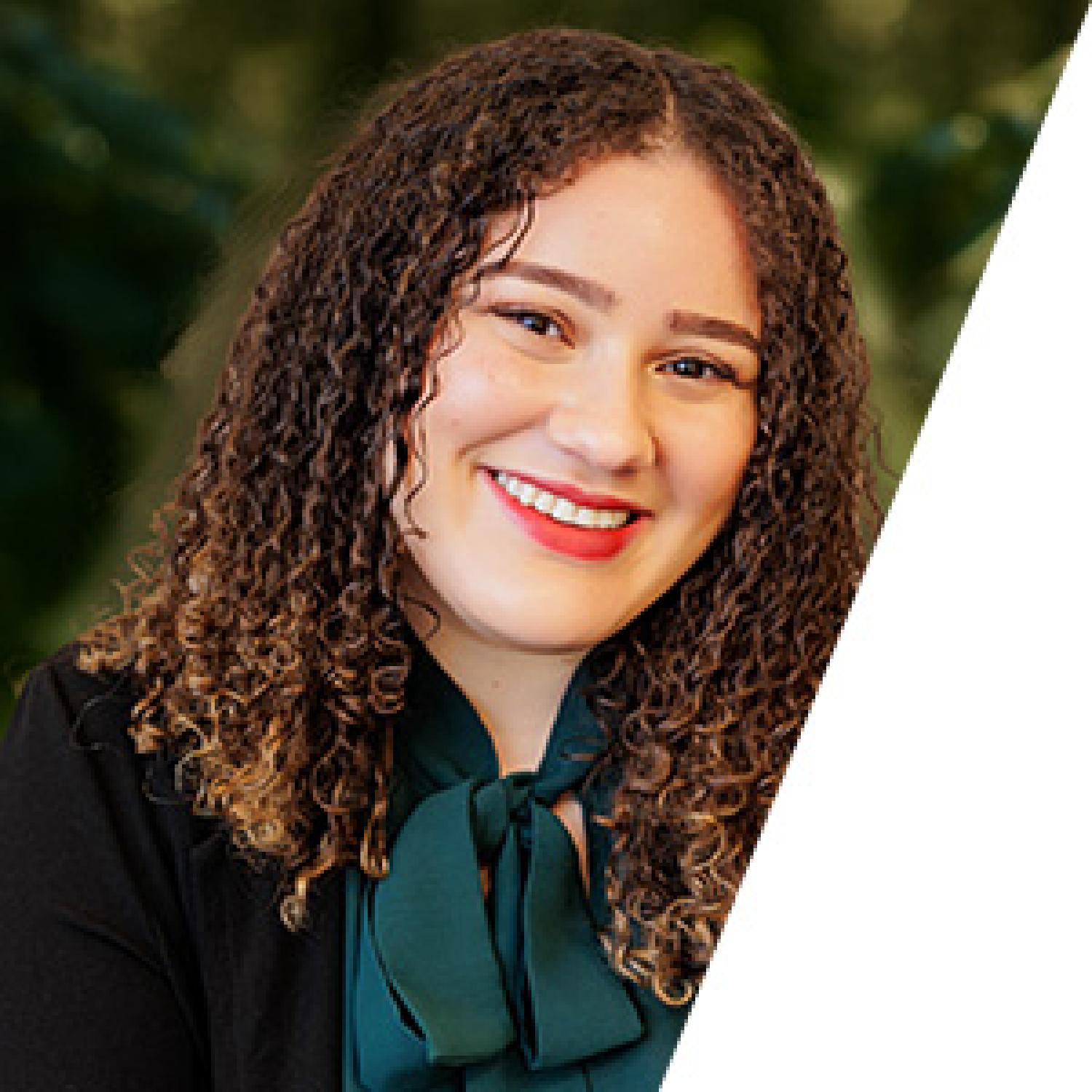Designing for Learning: Inquiry-Based Pedagogy for K-12 Educators Certificate
Energize students with real world problems and projects.
Dr. Gloria Ladson-Billings argues that instead of organizing curriculum and instruction around the question, “What do you want to be when you grow up?” we can go further in supporting young people in meaningful, culturally relevant and sustaining ways if we instead ask: “What problems do you want to solve?”
This certificate focuses on how to follow Ladson-Billings’ suggestion and re-organize our pedagogies around the questions and problems that youth and their communities want to pursue. Rather than approaching teaching as a process of transmitting information and skills to youth, this certificate helps teachers position youth as people whose questions, problems and problem-solutions are inquiry-worthy.
The certificate offers coursework that introduces teachers to research and theorizing about how people learn through inquiry, how communities engage in knowledge-building and inquiry within and across subject areas and how teachers can organize curriculum and pedagogy to create inquiry-based learning experiences with young people in schools. The certificate culminates in a capstone experience positioning teachers as pedagogical leaders who can organize and sustain professional learning among peers and colleagues through practitioner inquiry into how young people learn when given the opportunity to pursue questions and problems that they want to solve.
At the end of this certificate, you should:
- be able to begin making a case for why inquiry-based approaches to teaching and learning could be useful to pursue in K-12 classrooms;
- understand how different cultural communities - including subject areas and disciplines - engage in inquiries to build understanding and how communities can incorporate young learners into these inquiries; and
- begin the process of designing, facilitating, and assessing inquiry- or problem-based learning in your own classroom.
We strongly encourage students to take the core courses in sequence.
Have Questions?

Course Descriptions
Visit the University Catalog for a complete summary of the program as well as its requirements, course descriptions and learning outcomes.

